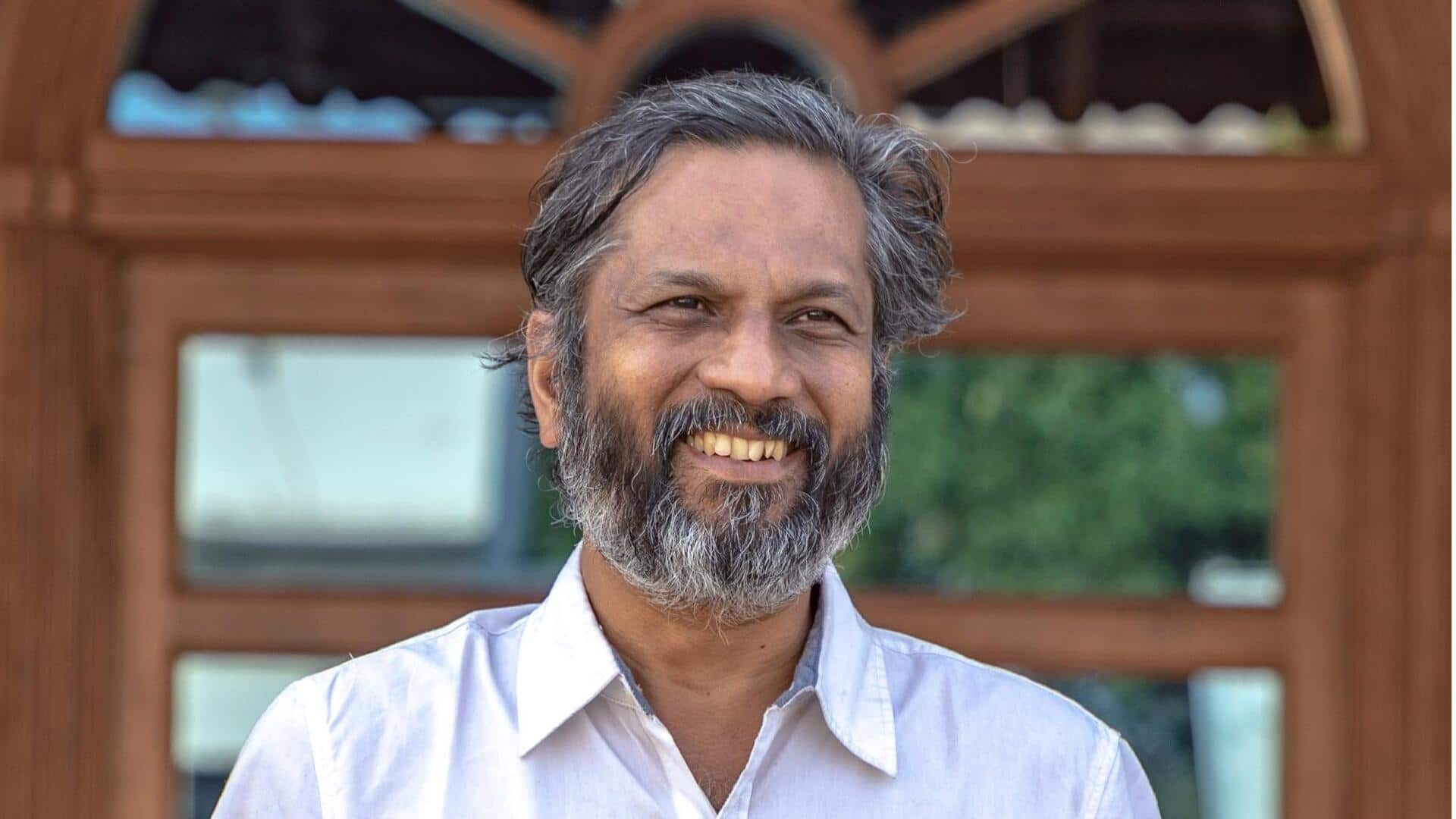
'Big pressure cooker': Zoho CEO criticizes India's stressful work culture
What's the story
Zoho co-founder and CEO, Sridhar Vembu, has expressed concern over the high-stress levels prevalent in Indian corporate culture. In a recent interview with PTI, he warned that companies pushing their employees too hard are unlikely to sustain in the long term. Vembu emphasized the importance of a balanced work environment for building sustainable organizations.
Workplace stressors
Burnout, loneliness highlighted as key issues
Vembu identified burnout, loneliness due to migration to big cities, and long commutes as significant contributors to an unhealthy work environment. He described the situation as akin to "throwing people into a very big pressure cooker," with some individuals breaking under the strain. This statement underscores his call for organizations to reassess their work culture, and avoid pushing employees beyond their limits.
Solutions proposed
Advocating for work-life balance, geographical diversification
Vembu's comments come amid a national debate on employee well-being, sparked by the tragic death of a young worker at a leading consultancy firm. He stressed the importance of companies prioritizing their employees' mental health and maintaining a balance to prevent burnout. To mitigate issues faced by employees migrating from smaller towns to big cities, Vembu suggested that companies should consider geographical diversification and create job opportunities in smaller towns.
Tech monopoly
Vembu addresses monopolistic nature of messaging platforms
In addition to workplace stress, Vembu also touched on the monopolistic nature of messaging platforms. He questioned why messaging should be a monopoly when email services are not. He criticized the lack of interoperability among different messaging platforms, and suggested that it's technically feasible but proprietary players are keeping it under 'lock and key.'
Digital progress
Vembu praises India's DPI
Vembu lauded the country's Digital Public Infrastructure (DPI), terming it a "shining success story." He highlighted the nation's leadership in developing DPI, which includes initiatives such as ONDC and the health stack. According to him, these standards play an important role in preventing monopolies and ensuring a more open and competitive digital economy.